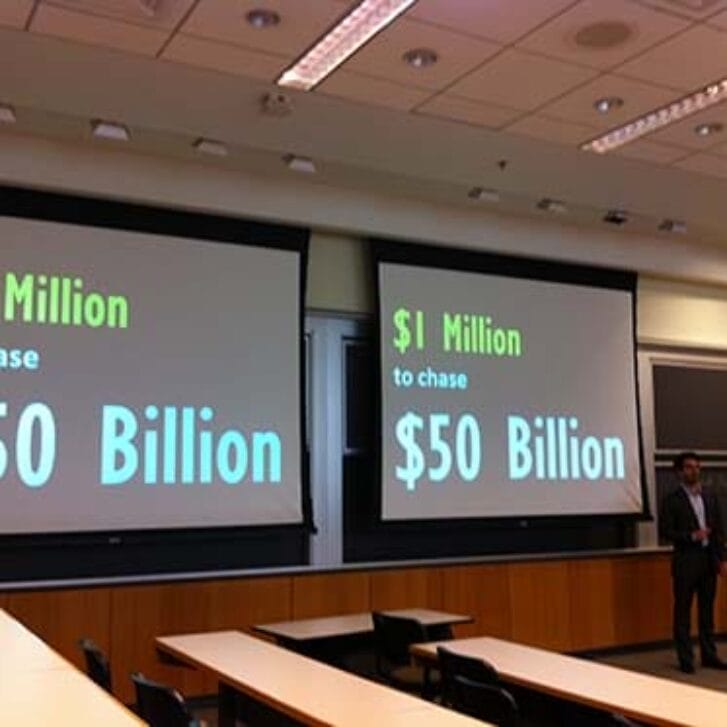Many high-growth companies are constantly in firefight mode where some urgent one-off task needs to be done. Typically, employees are pulled from whatever it is they are doing to help put out the fire “just this once.” When the drill is over, everyone pats one another on the back, talks about “pulling together” and crows about “doing whatever it takes.” Then the team catches up on shuteye and slowly picks up the pieces of whatever they were working on. Time and again, valuable effort and concentration is lost on important but highly distracting tasks.
Unfortunately this fire drill analogy isn’t the exception but often the rule in many rapidly expanding companies. But what is the true impact on company morale and culture of running in too many directions at once?
Jim Taylor in Psychology Today argues that multitasking can reduce productivity by up to 40 percent, especially if the individual lacks experience with the task. Poor productivity is a drag on culture. No one wants to work at a firm where people are giving their all, but where output is lower than that generated by the competitors.
Everyone is susceptible to responding reflexively to near-term sticks and carrots, to the detriment of losing sight of the organization’s mission and longer-term goals. Every time investor requests, mergers and acquisitions due diligence, or need- this-ASAP-tasks become a priority in an organization, the direction changes. Every engineer pulled into cutting and dicing customer data or every marketer redirected to an investor pitch deck results in urgency versus importance becoming the modus operandi du jour. No matter the competency of the superstar employee, we are all apt to confuse one-off priorities with long-term company goals.
Culture gets stale without an influx of new ideas. IDEO, the leading design firm, attributes much of its success to “hot teams” whose variety of experience and skill set helps bring innovative ideas to the table. These hot teams are a collection of professionals from different walks of life who engage on a specific issue to quickly help companies solve their most critical (in this case, design) challenges. A manager may not be able to build the bench of diverse talent IDEO has at its disposal, but the manager should nevertheless press hard to introduce new thinking.
Every company can think of freelancers as agents who bring new ideas, alternative methods and outside perspectives. These individuals bring both the diverse experience set to enrich an existing bench and the single-minded mission of accomplishing the task at hand, thus freeing up full-time employees to stay laser-focused on their core missions.
Building a distinct culture is important, but that doesn’t mean whipsawing employees’ attention to protect it. Instead, forward-thinking managers can be confident that freelancers will not only help improve an organization’s culture but will also spread the word about how great the culture is, shoring up teams and introducing fresh thinking along the way.


























